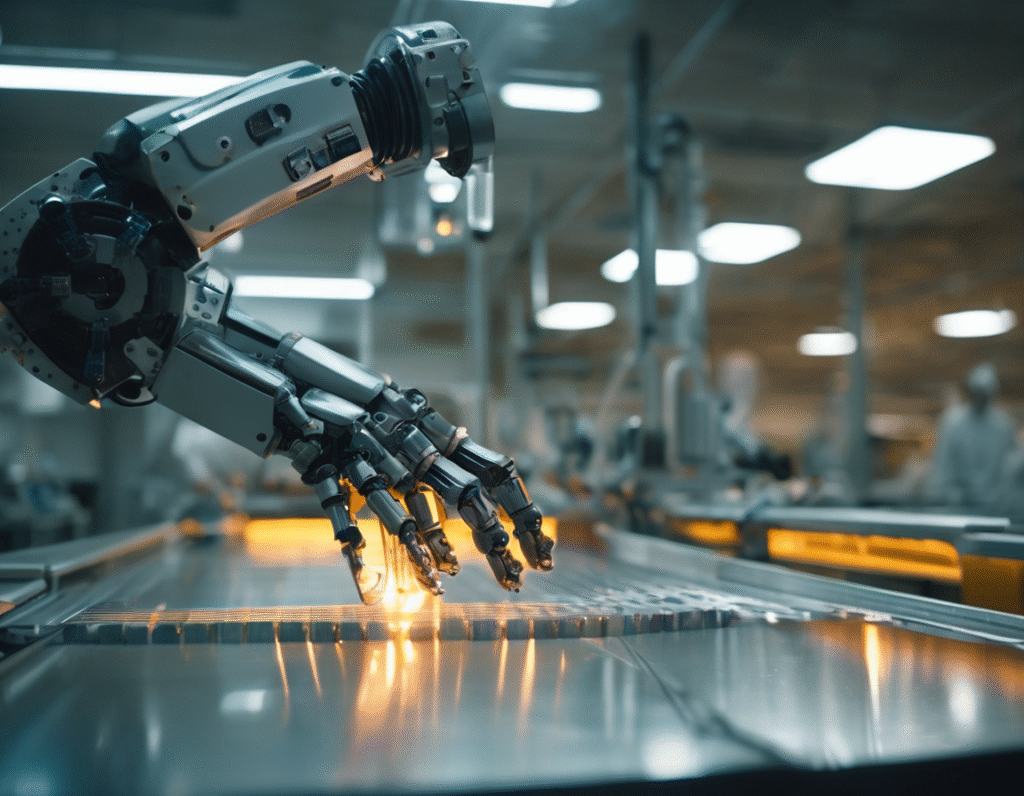Anthropic Report Reveals Corporate AI Focus Is Overwhelmingly on Automation, Not Human Augmentation A new analysis from AI lab Anthropic provides a stark look at how corporations are deploying artificial intelligence in the real world. The findings suggest a significant shift in the workforce is underway, driven not by human-AI collaboration but by the outright replacement of human tasks. The data, drawn from usage patterns of Anthropic’s Claude AI, indicates that an overwhelming majority of business applications are geared toward automation. A full 77 percent of the activity showed clear signs of companies using the technology for what is described as full task delegation. This means AI is being tasked to complete entire job functions autonomously, from writing and coding to data analysis and customer service, with minimal human oversight. In contrast, a mere 12 percent of the usage pointed toward an augmentation model. This alternative approach involves using AI as a tool to enhance human capabilities, such as a worker asking the model for feedback on a proposal, using it to brainstorm ideas, or as an educational resource to learn a new skill. This lopsided ratio suggests that the primary business incentive for adopting advanced AI is cost reduction and efficiency gains through automation, rather than investing in tools that uplift and empower the existing workforce. The economic pressure to streamline operations and improve margins is seemingly trumping the narrative of AI as a collaborative partner. For the crypto and web3 space, this trend carries significant implications. Many projects are built on ideals of decentralization and democratization. However, the integration of AI could follow a similar centralized corporate playbook if the primary goal becomes automating development, community moderation, and analytics roles rather than augmenting the capabilities of decentralized communities. The rush to automate also raises critical questions about the future of work and the potential for rapid, large-scale disruption across white-collar professions. As AI models grow more capable, the range of tasks eligible for full delegation is expected to expand far beyond its current scope. This report paints a picture of a near-term future where AI adoption is less about creating new forms of human-machine synergy and more about the straightforward replacement of human labor. It highlights a disconnect between the hopeful rhetoric of AI as an augmenting force and the on-the-ground reality of its implementation, which is heavily skewed toward automation. This trend is likely to define the next phase of corporate AI integration and its impact on the global economy.

